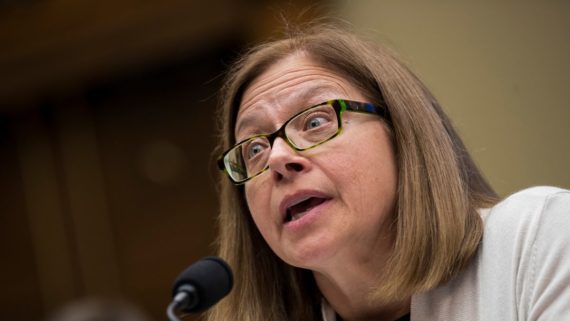
HOW DOES YOUR STATE RANK?
(9-21-20) A report released today by the Treatment Advocacy Center entitled Grading the States: An Analysis of U.S. Psychiatric Treatment Laws has reached the same conclusion that most of us have experienced in person.
There is no national, standardized mental health care system.
Involuntary commitment laws differ wildly, as does available treatment. From the report:
“The U.S. mental health system is not one single broken system, but many…We are effectively running 50 different experiments, with no two states taking the same approach. As a result, whether a person receives timely, appropriate treatment for an acute psychiatric crisis or chronic psychiatric disease is almost entirely dependent on what state that person is in when the crisis arises.”
I would take this a step further. Not only do different states use different commitment standards, different counties and cities do too.
Fairfax County, Va. where I live, historically has been much more reluctant to involuntarily commit an individual who is in crisis than its adjacent counties. The state law is the same but the administrative law judges in charge in Fairfax are more hesitant.
The 160 page report lists each state’s criteria for involuntary commitment and describes how that state accesses dangerous. It contains useful information about inpatient commitment, who can petition for emergency evaluations, and outpatient commitment along with how long a state can “hold” someone.
TAC used a 100 point grading scale, according to Lisa Dailey, the report’s primary author. TAC was initially founded to push for adoption of Assisted Outpatient Treatment laws but has expanded its mission to “eliminate barriers” to all treatment. Recently, it has been lobbying for more crisis care beds.
“The report specifically focuses on laws rather than implementation. Some states have notable gaps between strong laws on the books and poor implementation and access,” according to the TAC press release issued with its report.
 Daniel Prude, 41, apparently stopped breathing as police in Rochester, N.Y. were restraining him in March 2020 and died when he was taken off life support a week later. Photo provided by Roth and Roth LLP.
Daniel Prude, 41, apparently stopped breathing as police in Rochester, N.Y. were restraining him in March 2020 and died when he was taken off life support a week later. Photo provided by Roth and Roth LLP.



